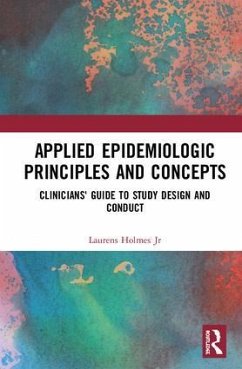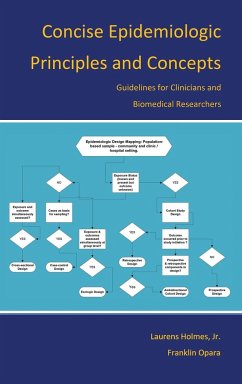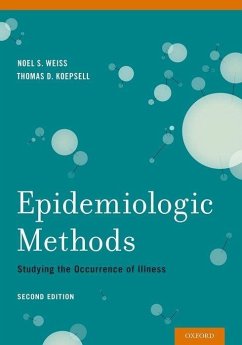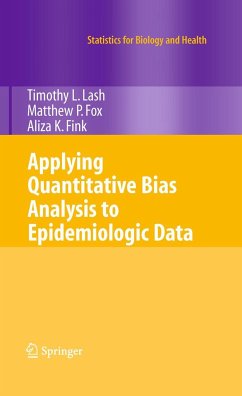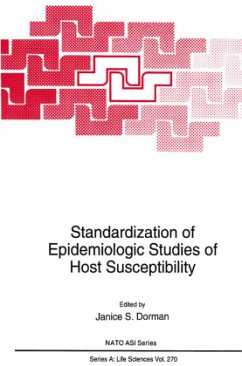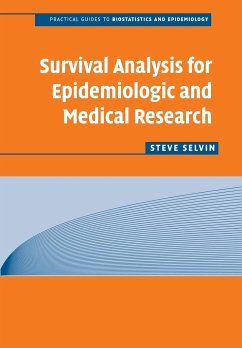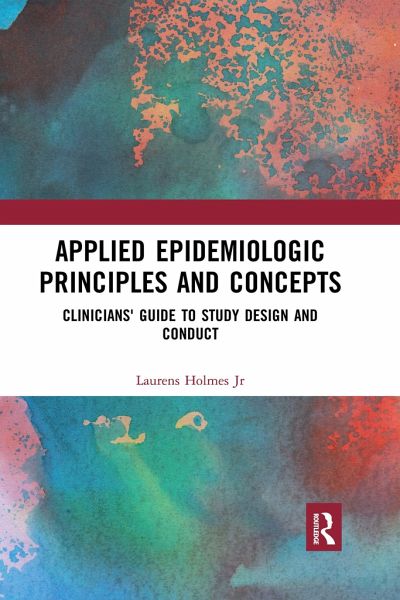
Applied Epidemiologic Principles and Concepts
Clinicians' Guide to Study Design and Conduct
Versandkostenfrei!
Versandfertig in 1-2 Wochen
54,99 €
inkl. MwSt.
Weitere Ausgaben:

PAYBACK Punkte
27 °P sammeln!
This book provides practical knowledge to clinicians and biomedical researchers using biological and biochemical specimen/samples in order to understand health and disease processes at cellular, clinical, and population levels. Concepts and techniques provided will help researchers design and conduct studies, then translate data from bench to clinics in attempt to improve the health of patients and populations. This book presents the extreme complexity of epidemiologic research in a concise manner that will address the issue of confounders, thus allowing for more valid inferences and yielding ...
This book provides practical knowledge to clinicians and biomedical researchers using biological and biochemical specimen/samples in order to understand health and disease processes at cellular, clinical, and population levels. Concepts and techniques provided will help researchers design and conduct studies, then translate data from bench to clinics in attempt to improve the health of patients and populations. This book presents the extreme complexity of epidemiologic research in a concise manner that will address the issue of confounders, thus allowing for more valid inferences and yielding results that are more reliable and accurate.





